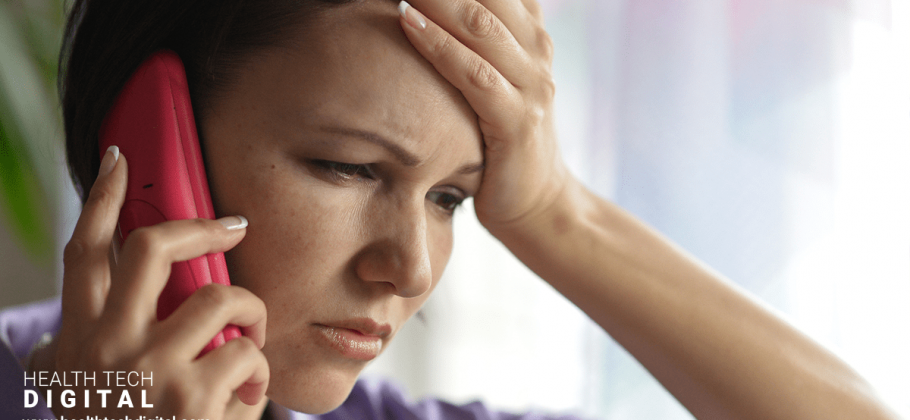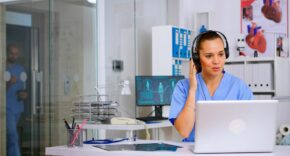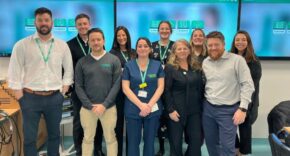According to new data from the NHS, more people than ever are getting urgent health advice over the phone. 20,000 people every day are talking to a doctor, nurse, paramedic or other clinical professional. This is approximately half of all calls to the NHS 111 phone service, the highest proportion since the service was first introduced. The NHS is encouraging people to take advantage of being able to get health advice by phone.
Every call answered by NHS 111 is handled by a fully trained member of staff; someone who can offer expert advice, arrange appointments for further help and highlight local services. However, an increasing number of callers are now also receiving urgent help from a medical professional. This is a number that has been increasing every month since data was first collected back in November 2016, when only one in four people spoke to a medical professional.
Being able to offer health advice over the phone is a key part of how the NHS is improving access to urgent help, as a way to reduce the pressure currently put on A&E services. Last month, only one in 10 people who called 111 were advised to go to A&E. This number would have been a lot higher if people were not able to contact a medical professional via 111.
Dr Gareth Stuttard, National Medical Advisor for the NHS 111 service, explained that a lot of people find that NHS 111 offers expert advice without them needing to visit A&E.
Stuttard said: “As part of the long term plan for the health service, the NHS in England is rapidly expanding access to urgent and emergency care by increasing community services, investing in the most up to date technology and improving over the phone advice, which will mean more people get the right care, at the right time while reducing the pressure on ambulance and A&E services.”
Last month, the public called the NHS 111 service close to 1.4 million times. This was an 8% increase compared to the same time last year. This equates to 38,000 people receiving help over the phone each day, working out at a total of 16 million calls to NHS 111 in the past twelve months alone.
With 25% people admitting that they would have gone to A&E if they hadn’t been able to contact NHS 111, this shows that the service is helping to ease pressure on frontline services. Another 16% admitted that they would have called an ambulance if NHS 111 had not been an option.
Matt Hancock, Health and Social Care Secretary, said that the NHS 111 clinicians and call handlers answer over a million calls every month. He explained that this helps to relieve pressure on A&E and allows patients to have immediate adise.
Hancock said: “Later this year we will launch the new NHS app where patients will be able to get 111 advice on their smartphone as well as make GP appointments and order repeat prescriptions – revolutionising the way millions of us access healthcare as part of our long term plan to guarantee the future of the NHS.”












